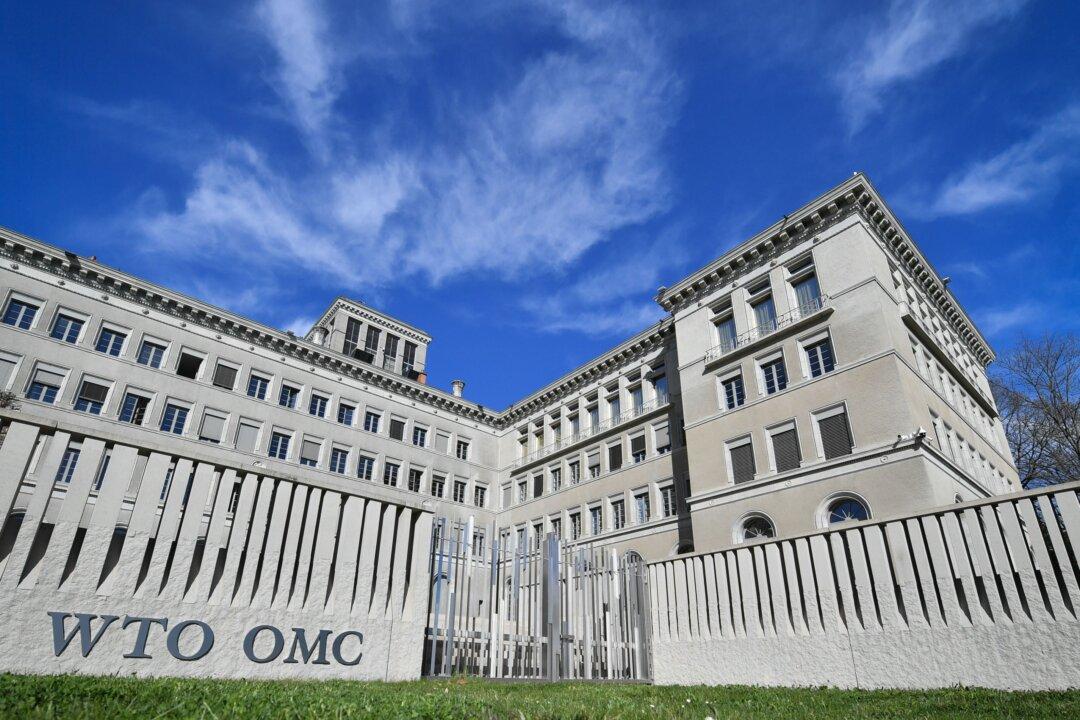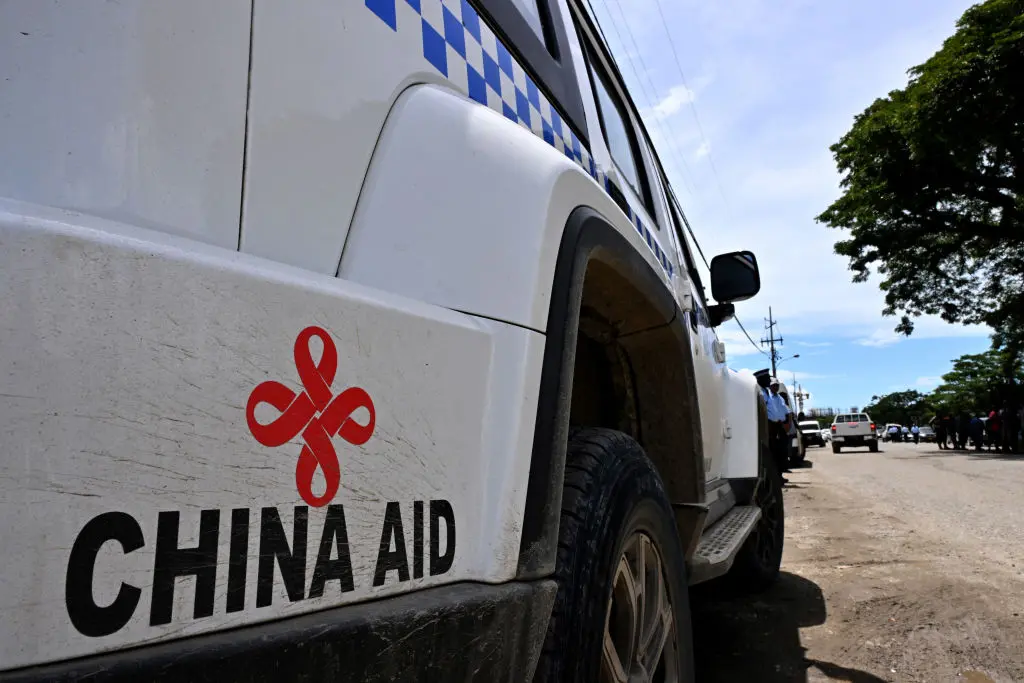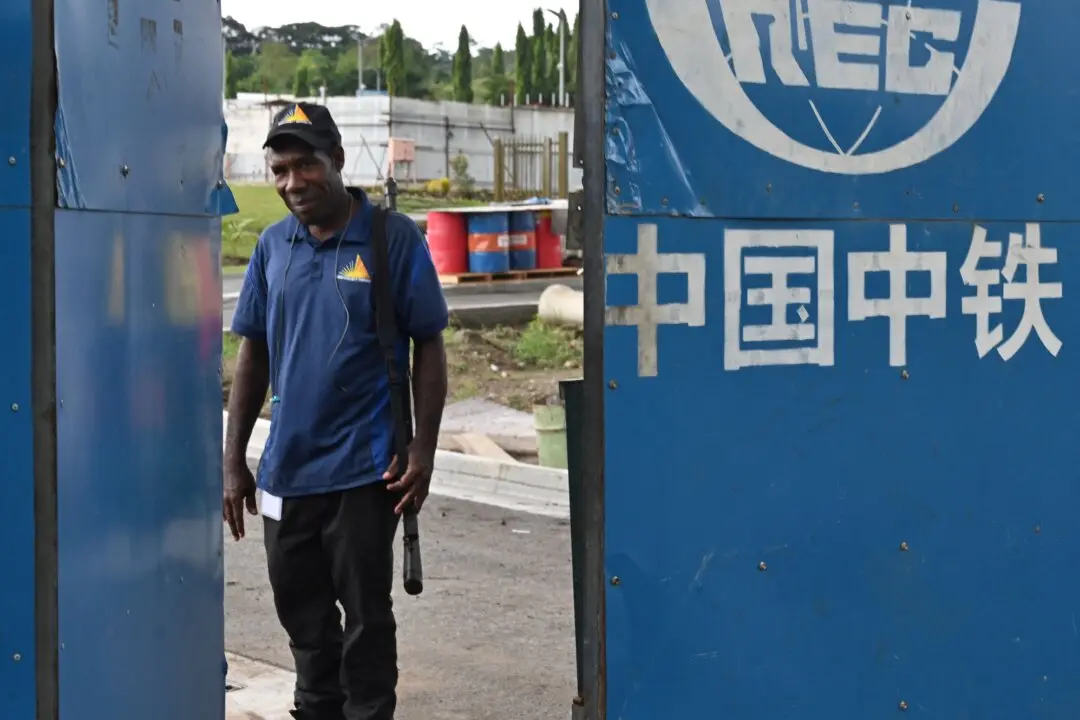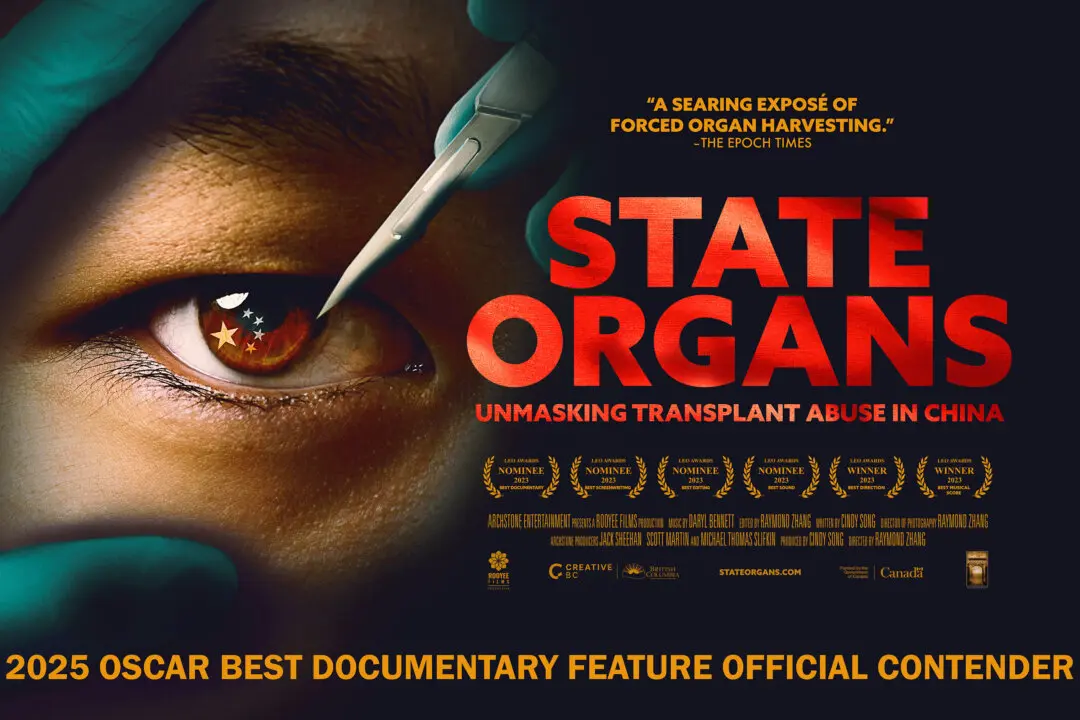China has launched three simultaneous WTO actions against Australia, arguing that tariffs implemented on Chinese railway wheels, wind towers, and stainless-steel sinks were excessive.
The move has been described as “petty” by the Australian finance minister and follows World Trade Organisation (WTO) actions by the federal government against Chinese tariffs slapped on wine and barley exports.





